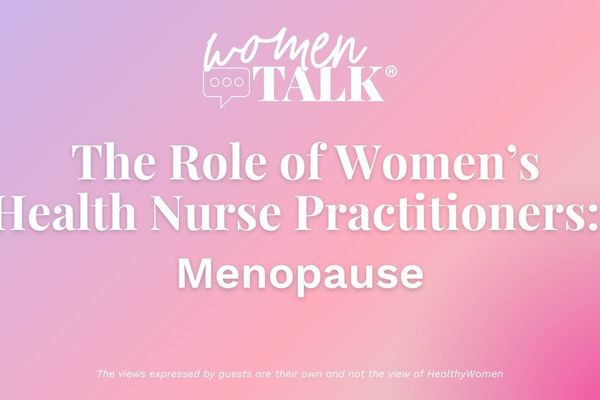Q:
Is it common to experience mood swings and depression during the years leading into menopause and immediately after?
A:
Yes, particularly before you actually reach menopause (which is, recall, the day at which you've gone twelve consecutive months without having a period). In fact, one study found perimenopausal women (those in the menopause transition) had more psychological symptoms than postmenopausal women. Overall, studies find that about 10 percent of perimenopausal women have some mood swings, and that you're more likely to experience them if you have a lot of hot flashes and problems sleeping, a history of premenstrual symptoms and other health problems.
You may find you're more irritable and tearful, and that you just feel "down," or "blue" more often than you used to. But there's no evidence linking depression to perimenopause itself. Having said that, studies find you are more likely to become depressed during this time of your life if you have a history of depression and are having a lot of menopausal symptoms.
However, just because these mood swings intensify during perimenopause, doesn't necessarily mean they're related to dropping estrogen levels. For some women, this time of life is fraught with new stresses -- aging parents, children leaving home, facing one's own mortality, stresses that can certainly result in mood swings. But the symptoms of the menopausal transition itself, particularly hot flashes and insomnia, can also trigger mood swings, as can the sense that you're losing control over your own body.
Nonetheless, it's important to know that the majority of women say this is a time of their life in which they feel happier and more fulfilled than at any other time. In other words, sadness and irritability don't have to be a part of this time of life.
If you find that your mood swings affect your ability to function in your every day life, or are affecting your relationships with family, friends, coworkers, you should seek help. Talk with your health care professional or a mental health therapist. Numerous other factors can be at work here, and with the proper diagnosis and treatment, you can return to your "old" self.







